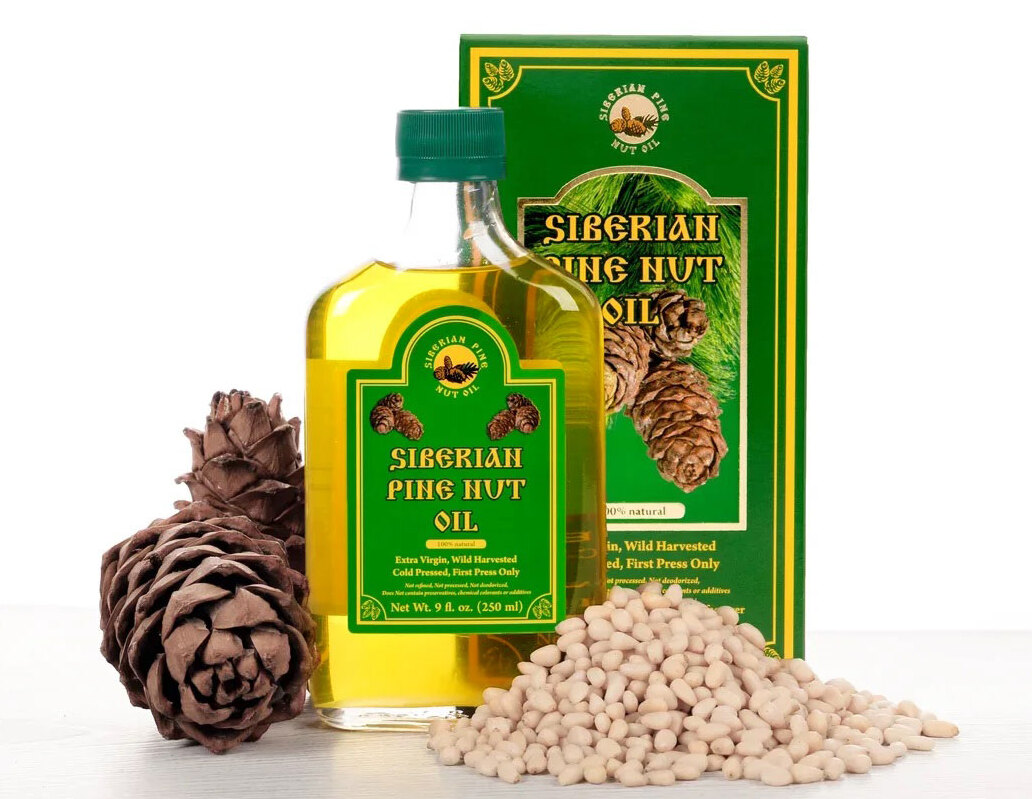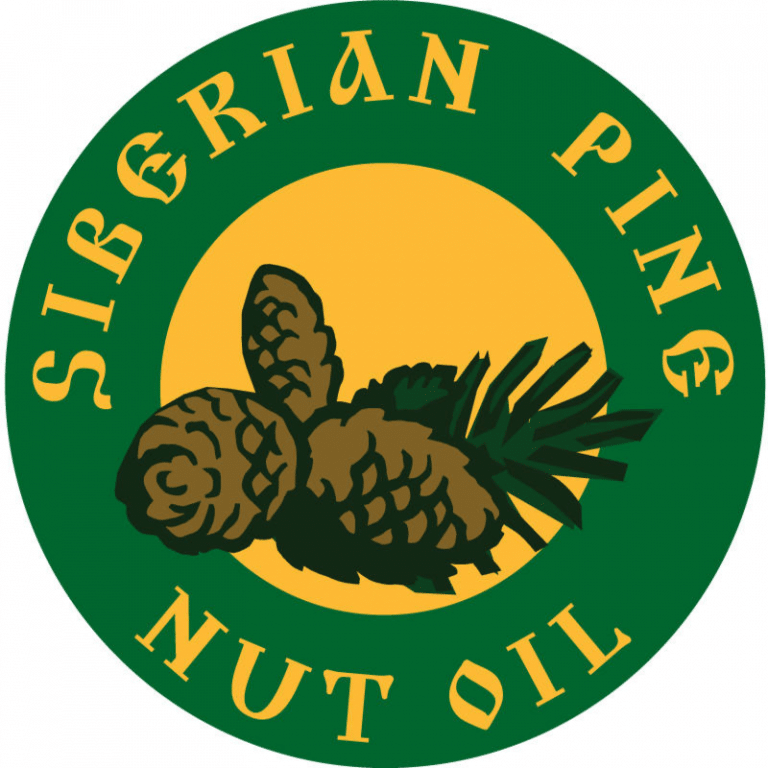Medical Study of Antibacterial and Antimictrobal properties of Pine Nut Oil

Pine nut oil has many beneficial properties. One of them is the ability to fight various pathogens, including microbes and bacteria. The antimicrobial and antibacterial properties of pine nut oil were confirmed as a result of a large-scale experiment conducted in vitro in 2018. [1] They were studied by measuring the optical density of diffusion, that is, the concentration of microbes and bacteria when exposed to Siberian pine nut oil.
10 microorganisms were studied, each of which harms human health, causing various diseases and conditions, from intestinal disorders to meningitis.
- Pseudomonas aeruginosa is a bacterium that induces nosocomial infections, that is, arising from the patient’s visit to the hospital for medical care
- Candida albicans is a fungus, the causative agent of opportunistic human infections
- Alcaligenes faecalis is a bacterium that induces itraabdominal infections, septicemia and meningitis
- Leuconostoc mesenteroides is a bacterium that induces infectious diseases
- Escherichia coli is a bacterium that induces gastroenteritis
- Enterococcus casseliflavus is a bacterium that induces sepsis
- Salmonella enterica is a bacterium that induces gastroenteritis
- Staphylococcus aureus is a bacterium that induces pneumonia, meningitis, osteomyelitis, endocarditis, infectious toxic shock, and sepsis
- Bacillus mycoides are agents of food raw materials and food products that induce food toxic infections
- Proteus vulgaris is an bacterium that induces intestinal infections.
During the experiment, paper discs containing the listed microorganisms were immersed in pine nut oil. After 24 hours, the scientists evaluated the effect of the oil on bacteria and fungi by measuring optical density using a special device, a multireader at a wavelength of 595 nm.
Analysis of the data obtained showed that pine nut oil exhibits high antimicrobial activity against Pseudomonas aeruginosa, Alcaligenes faecalis, Leuconostoc mesenteroides, Escherichia coli, Enterococcus casseliflavus, Salmonella enterica, Staphylococcus aureus, and Bacillus mycoides. Less noticeable activity was recorded against Candida albicans and Proteus vulgaris.
In addition, scientists investigated the prebiotic effect of pine nut oil: they tracked its effect on the growth of beneficial bacteria Bifidobacterium adolescentis. It was found that the number of cells of bifidobacteria cultivated in nutrient medium with pine nut oil exceeds the number of bacteria in a nutrient medium without pine nut oil in 1.7-3.1 times. Thus, preventing the reproduction of harmful bacteria and fungi, pine nut oil contributes to the development of healthy microflora in the human body.
During the experiment were also confirmed:
- antioxidant properties of the oil: 90 minutes after interaction with pine nut oil, the antioxidant activity of cells increased significantly.
- antihypertensive (blood pressure-reducing) properties of the oil. It was found that pine nut oil reduces the production of the hormone angiotensin that provokes an increase in blood pressure. The reduction reached 68.9-70.2%.
The authors of the study concluded: «The confirmation in vitro of the availability of biofunctional properties of the oil obtained from the nuts of cedar pine <…> allows it to be used as the basis of not only biologically active food supplements, but also of dietary, therapeutic, preventive and sports nutrition».
REFERENCES
[1] A. Prosekov , L. Dyshlyuk, et al. Study of the biofunctional properties of cedar pine oil with the use of in vitro testing cultures
These articles come directly from researchers and are passed on to everybody. siberianpinenutoil.org assumes no liability for any content in these articles. For Educational purposes only. This information has not been evaluated by the Food and Drug Administration. This information is not intended to diagnose, treat, cure, or prevent any disease.
